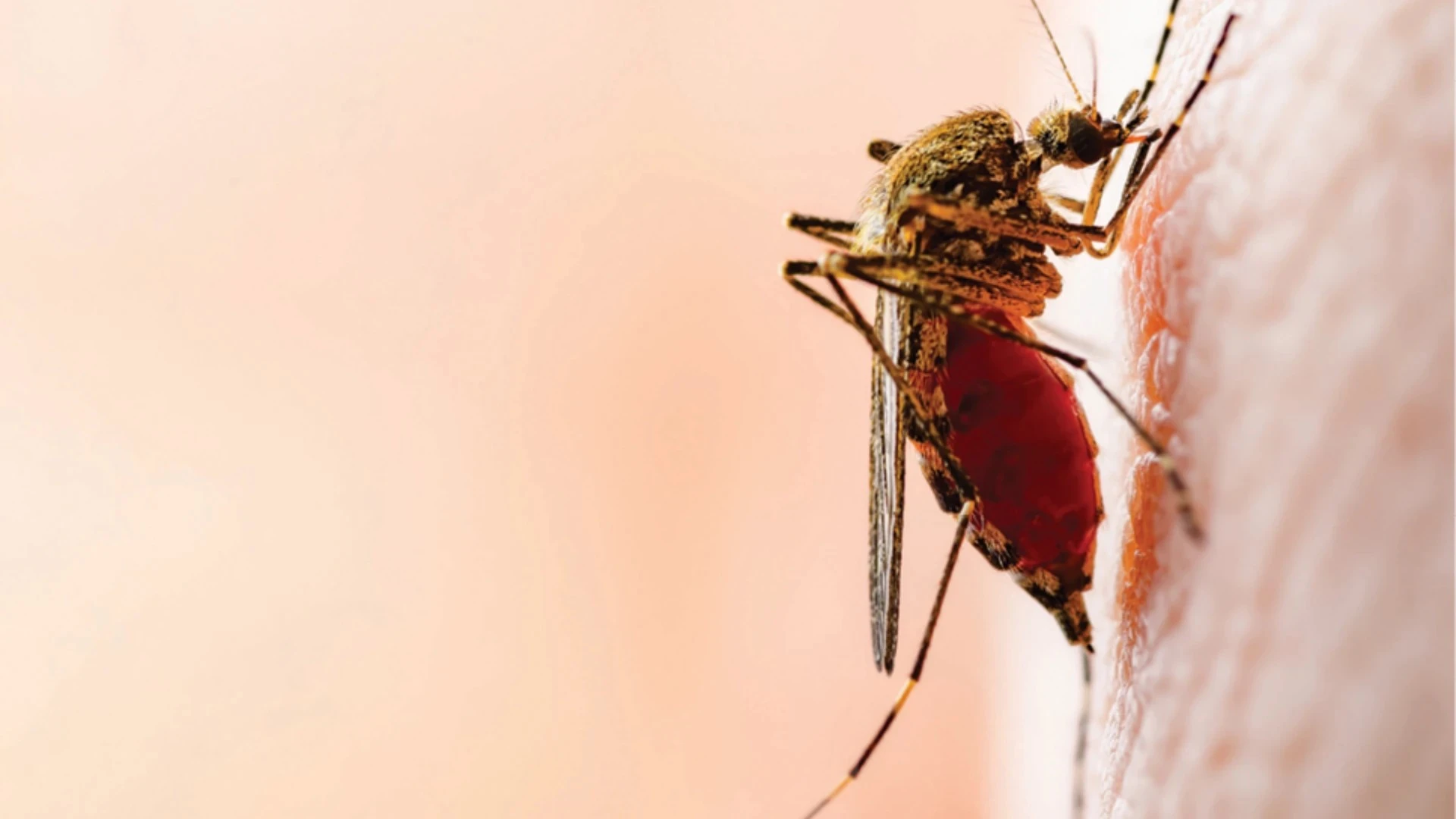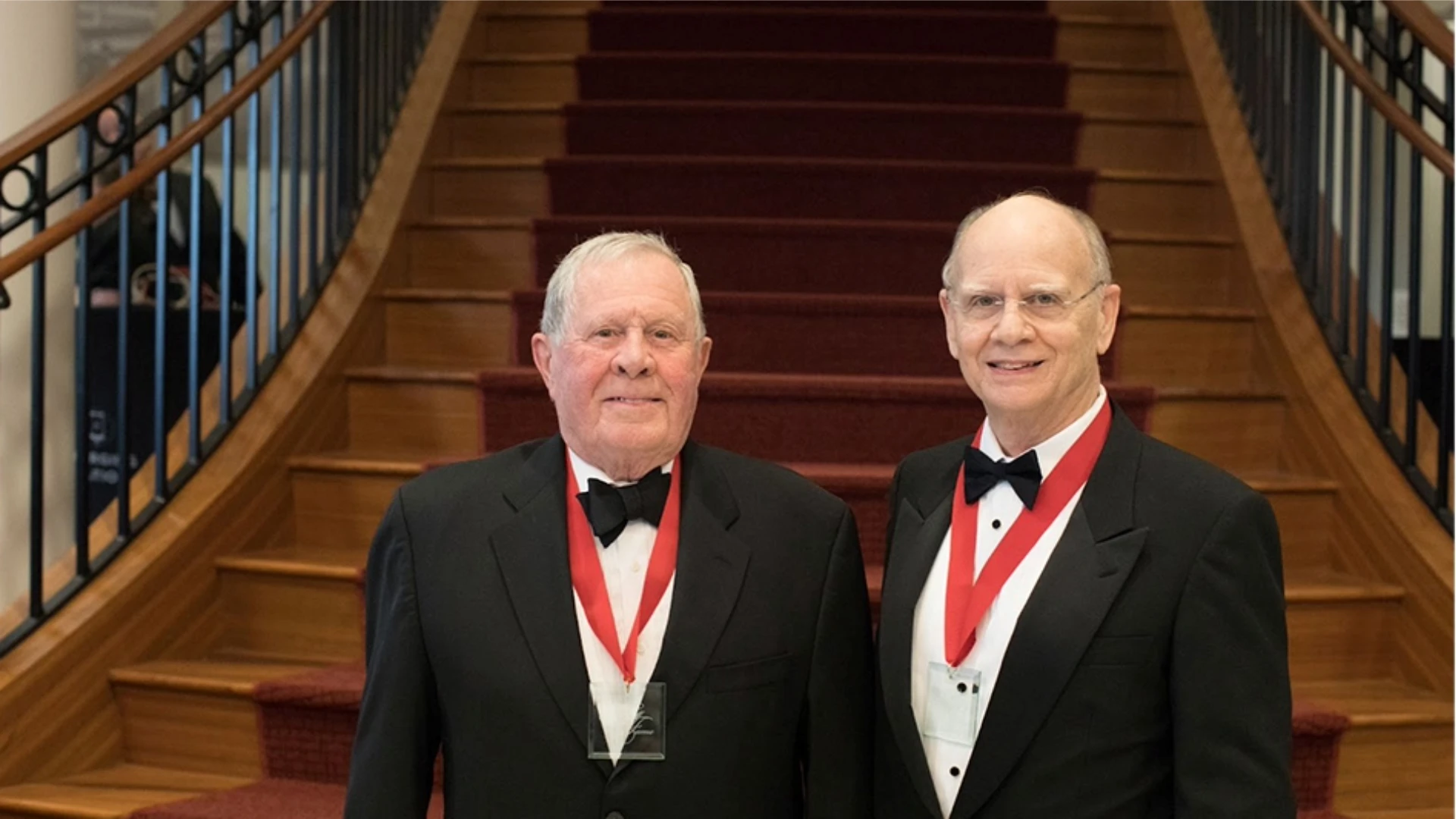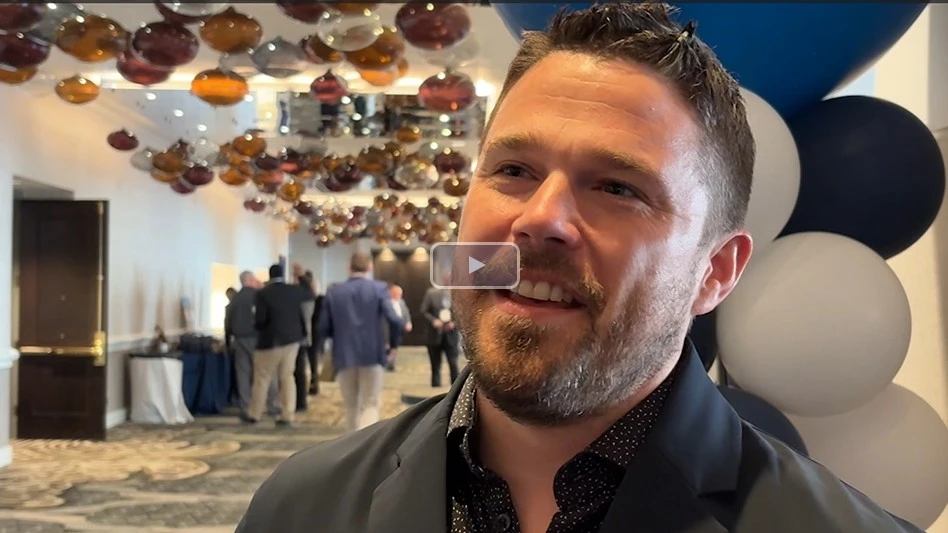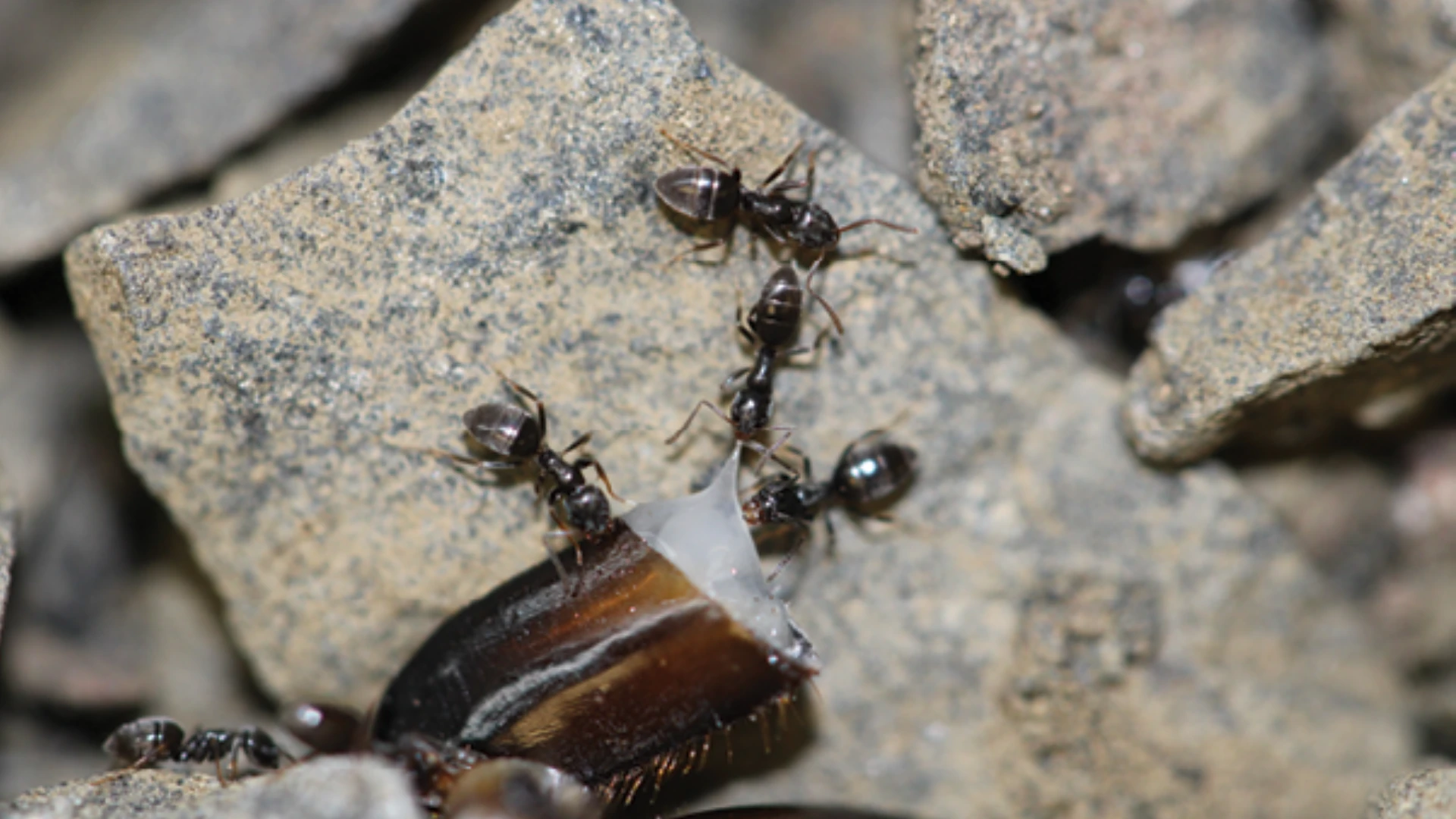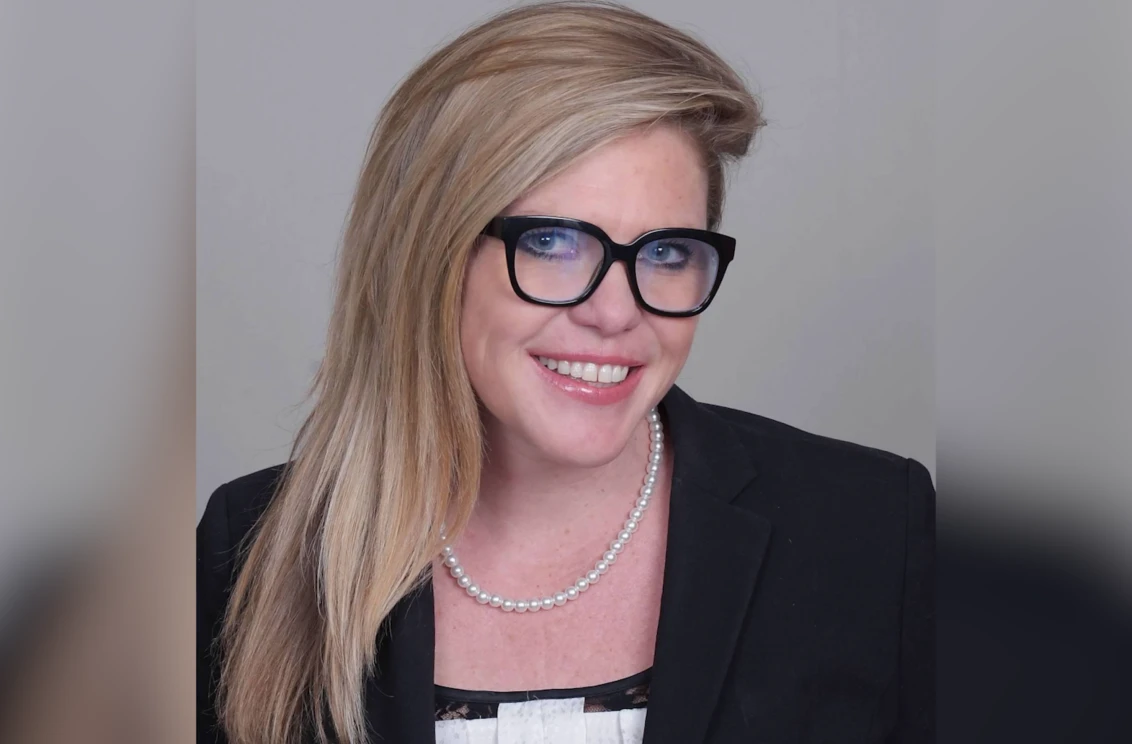Buffeted by one of the tightest credit markets in recent history and a world economy in recession, PricewaterhouseCoopers described 2008 as a “challenging period for dealmakers” and predicted that 2009 would be fueled by “mergers of necessity” as troubled companies look to align with larger, stronger players in order to survive.
Yet, like so much of the pest management industry, corporate M&A activity is defying the odds with two high-profile acquisitions in the past four months including BASF’s purchase of Whitmire Micro-Gen Research Laboratories in December and FMC Professional Solutions’ acquisition of Waterbury’s CB Professional Products line in February, with at least one or two more rumored deals possibly on the horizon.
In fact, BASF representatives said the deepening recession and bleak M&A outlook had little impact — either pro or con — on the acquisition. And despite the down economy, there was no shortage of suitors for the highly regarded St. Louis-based supplier of insecticide formulations and delivery systems with annual sales in excess of $50 million. “I think for us this is very much an investment in the future,” said Paul Rea, director, Specialty Products Division. “Clearly, there are a lot of challenges in the global economy right now, but BASF really is a long-term and committed player to the (pest management) segment, so what we saw in Whitmire actually overrides a lot of that thinking.”
Other industry observers speculated the purchase was driven, in part, by the fact BASF needed to position itself for the day when Termidor, its flagship product, goes off patent in 2010. “With fipronil (Termidor) coming off patent they need to widen their portfolio and this acquisition will definitely do that,” said Tommy Reeves, vice president, Oldham Chemicals, Memphis, Tenn. “BASF will become a stronger, more defensive player in terms of defending fipronil against other generic entrants into the marketplace.”
Business Manager Keith Holmes, however, says the deal had more to do with providing a comprehensive product portfolio to its customers and “growing the business” than concerns about what might happen when Termidor’s patent protection expires in 2010, something he says BASF has been laying the groundwork for since the product was first introduced. “It (the acquisition) really didn’t have anything to do with Termidor coming off patent,” he said. “People have been working on it since the mid-90s, and we think we’ve got a post-patent plan that will help us preserve the value of the Termidor franchise for some time to come, so it really isn’t about the Termidor patent expiration.”
Southern Mill Creek Products of Ohio President Doug Ashbridge said the move makes sense for BASF, which has a “limited” product portfolio consisting of Termidor and Phantom. “Anything they add to the line helps them diversify and that’s a plus,” he said, a sentiment echoed by BASF’s Paul Rea. “There were certain areas of our portfolio that we weren’t as strong as we would like,” he said. While Termidor is a “great franchise,” Whitmire Micro-Gen represents “one of the broadest general insect control portfolios” in the industry…“so it was really about the complementary aspects of both portfolios.”
The purchase of the 75-year-old company that specializes in aerosol delivery systems and coined the phrase Crack & Crevice® pest control allows BASF to dramatically increase its product offerings virtually overnight, as well as provide a point of entry into the U.S. rodent control market with the help of Sorex Holdings, which pioneered the discovery of the second-generation anticoagulants difenacoum and brodifacoum and boasts more than 50 years of rodenticide development experience.
While a top-to-bottom analysis of the two product lines is currently under way, BASF indicated they aren’t in any hurry to eliminate products simply to make the portfolio more manageable in the short term. “We’re committed to delivering a full portfolio of solutions to our customers,” Holmes said. “We’ve just really started taking a hard look at the portfolio,” determining where gaps or redundant product offerings may exist. And with more than 100 products in its combined portfolio, including a full line of general use insecticides, aerosols, termite baits and monitors, electronic fly systems, pheromone traps, drain cleaners and a growing line of “green” products under the company’s MotherEarth™ brand, that could take some time.
After an initial review, however, Holmes says “there’s really minimal product overlap and there’s a great opportunity to bring some complementary technologies together.” This synergy is particularly apparent in its termite product offerings, where BASF’s Termidor® has a leading share of the liquid termiticide market, while Whitmire Micro-Gen’s Advance® Termite Baiting System has developed a growing market presence in recent years, particularly among small- to medium-sized pest control businesses. “We think having the ability to offer this complete package of (termite) solution options…gives the customer the ability to decide what fits…the problem that a homeowner or an end user may have,” Holmes said. “That’s the best of all worlds.”
Rodent control represents another area of potential opportunity for the two companies, according to Andy Symons, president, Whitmire Micro-Gen. “One of the most obvious potential additions is the rodenticide area,” he said, where Sorex is a market leader in Europe with a sales and marketing presence in more than 40 countries. “Certainly, we anticipate seeing some entry points over the next 12 months,” although the “specific timing” of any product introductions in the United States is still up in the air. Nonetheless, Symons said, “We’ve got plans in place and we’ll communicate those as appropriate.”
BASF plans to manage its North American pest control business from St. Louis, where Whitmire Micro-Gen has been based for 75 years, moving its Professional Pest Control Business unit from Research Triangle Park, N.C., during the next six months. “That’s an important step in terms of maintaining that intimacy between sales, marketing and development, which has been a key element in Whitmire’s success,” Rea said. However, he doesn’t anticipate the move to St. Louis to be particularly disruptive since “the vast majority of BASF’s pest control team is actually located in the field.”
While Rea admits “a lot of decisions are still to be made” — particularly as it relates to staffing levels and the overall structure of the business — the company hopes “to move with a great deal of speed” so any impact on the end-user is negligible. “We have lots of internal goals that we obviously won’t disclose,” he said, “but I think the big one that drives us all is our customers and what they say. Ultimately, success for us would be this integration being a seamless effort with a stronger organization emerging (from the process). That for us is the single largest benchmark we’re shooting for.”
Will the company be successful in that effort, particularly given the diverse nature of the two organizations? “The two cultures are very different and the outcome of the consolidation of staffs should be interesting,” observed Chris Donaghy, CEO of Residex, Cranford, N.J. “BASF can throw bigger dollars at the marketing of the Whitmire line of products, although Whitmire was very good at positioning their brand. Essentially the sum change shouldn’t be too different.”
“On the surface it appears to be a good fit that makes sense when you have two strong organizations that serve the PMP industry with essentially non-competing product lines,” added John Bolanos, vice president, Univar USA, Austin, Texas. “The devil is in the details. In my experience I have seen consolidation that has been very good for the industry with the best of both organizations developing into a strong new company. On the other hand I have seen consolidation that has taken two good companies and resulted in a weaker, less customer-focused organization. The integration strategy and how well it is executed can have a lot to do (with) how positive or negative it is for the industry.”
“The merging of the two companies will take great planning and continual work,” said Tom Forshaw III, president, Forshaw Distribution, Charlotte, N.C. “With good management in place all should go well. Both former organizations will have to give and take to make it work.”
“The cultures are so diverse I think you will see a slowdown to Whitmire’s innovation and market responsiveness, but I certainly would not like to see that happen for us in Canada [where Whitmire has] obtained more registrations and submissions than anyone in the past five years,” added Karen Furgiuele, president, Gardex Chemicals, Etobicoke, Ontario.
“The biggest impact will be (the) lack of newer products designed specifically for the PMP industry. Since R&D resources are fixed, the smaller lines will be vying for dollars against the major agricultural crops. Smaller companies (like Whitmire) can get by on (a) smaller return on investment and are more willing to label products in Canada; this will likely drop back,” she said.
Rea indicated such fears are unfounded. “I think there are more similarities than differences. Both organizations have a real strong focus on innovation,” he said. “We’re both very committed to an innovation platform and staying focused on our customer. And that gives us a very strong foundation for the future,” adding that BASF is “determined” to bring even more products to market in the months and years ahead. “We have a healthy product portfolio and see opportunities to expand that in the future, so I think we’re in good shape. There’s a lot of opportunity, despite the challenges, to help make our customers more successful.”
********
Keith Holmes Named Business Manager of BASF, Whitmire U.S.
Pest Control Business
Although raised on a small family farm in west Texas, Keith Holmes always had big aspirations. An avid reader with a naturally inquisitive mind, even as a young boy “I wanted to see the world,” he says. While the wide open spaces of the Texas Panhandle “was a good place to be a kid,” Holmes yearned for more. “On a family farm there’s no shortage of things to do, but we never really went anywhere. Mostly, it was a lot of hard work.”
So, after graduating from Amarillo High School in 1980, Holmes packed his bags, loaded up his truck and headed off to Texas A&M University where he earned a bachelor’s degree in agronomy and a master’s degree in plant pathology, aspiring to a career in agricultural research. “I wanted to be a plant breeder,” he says, but such positions were scarce, so his first job out of college was as a technical services manager for a 600-acre nursery. “Working for a nursery taught me a lot of things about business, the kinds of things you don’t learn in a classroom,” he said.
After three years with the nursery and eager to expand his horizons beyond the Lone Star State, Holmes reached out to some former colleagues. While a student at Texas A&M, Holmes had participated in an internship program with Rhone-Poulenc (RP) and enjoyed the experience, so he contacted one of the sales representatives and inquired about potential job opportunities with the company. He quickly landed a position as a Field Development Representative with RP’s Chipco Specialty Products Group in California, achieving one of his lifelong dreams — “to live in a place with a little more humidity,” he says with a laugh.
Five years later, Holmes and his wife Kathy, returned to Texas, taking a similar position in Rhone-Poulenc’s ag business. After three years back in San Antonio (and the addition of a son, Kyle), he moved to Research Triangle Park, N.C., to work as a Special Projects Manager in RP’s insecticide team. In 1999, Holmes moved to Lyon, France, to work in Rhone-Poulenc’s (and then Aventis’) global marketing unit. In 2002, with Aventis’ divestiture of their CropScience business to Bayer, Holmes moved back to Research Triangle Park (now with a daughter, Katy as well) and joined BASF Corporation. Since that time, he has worked as the Global Strategic Marketing Manager for fipronil and then returned to France, for a stint as the Director of Marketing for BASF Agro SAS, in Lyon.
“If you asked me when I was 10 years old what I would likely accomplish by the time I was 45, it would be vastly different than what I’ve actually experienced,” he says. Growing up in west Texas, Holmes said he always had big dreams. He just didn’t know if they ever would be realized. “I’ve been offered a lot of really good opportunities over the years and I’ve managed to take advantage of most of them. During that time I’ve gotten to work with some super people, develop some once-in-a-lifetime products and live in some wonderful places. It’s been a great ride.”
And with the recent purchase of Whitmire Micro-Gen Research Laboratories and the daunting prospect of fipronil coming off patent in 16 months, the “ride” isn’t over. In fact, it’s just begun. PCT magazine recently sat down with Holmes at an industry conference to learn about his strategic vision for BASF’s Pest Control Solutions group, as well as his short- and long-term plans for the organization during this critical time in its history.
PCT: With fipronil scheduled to come off patent in 2010, this is a pivotal time for BASF’s Pest Control Solutions business. Why do you think you were selected for the position?
Holmes: The way it was explained to me is I’ve worked with fipronil for 20 years, all the way back to when it was a numbered compound. The last decade I’ve spent a large amount of my time working on Termidor since it’s such a big chunk of our global product portfolio, so I know a little bit about the business. When the job opened up, based on my experience and familiarity with the chemical, I think they felt that I was best suited for the job. I also had spent a lot of time in the last couple of years working with the U.S. guys on a number of different projects, so I was familiar with the team.
PCT: Given your familiarity with the compound on a global basis, how do you think that will benefit BASF in the North American market?
PCT: How is marketing fipronil in the United States different than in other parts of the world?
Holmes: Each market has a different approach to its customers. In France, for instance, distribution is fragmented, so we take a more non-customized approach to the business than in the United States. We work much closer with distribution in this country. Each market is different and you develop a business plan based on those market variations, but I’ve learned something from all of my experiences, some of which is transferrable to the United States.
PCT: How would you describe the history of the fipronil molecule in the United States?
Holmes: It’s a little unusual. On the non-crop side of the business we tried very hard in the early development days to give the rights of the termiticide to other companies. That’s because we didn’t have a pest control business at the time. I remember going to look at the Gulfport research trials with one of my colleagues and upon seeing the tremendous performance of the compound looking at each other and saying, “We have to hold on to those rights.” That’s what made the merger between Rhone-Poulenc and AgrEvo such a good story. AgrEvo had the sales team in place and knew the market, and Rhone-Poulenc had this molecule that was performing well in the Forest Service trials. When you put the two together the business just exploded.
PCT: What did the merger do for your career?
Holmes: By that time I had moved on to other areas of responsibility on the crop side of the business. I got away from the specialty products business, so it didn’t have that much of an impact on my career. I had an interest in the compound, but there was a team in place that was having success with Termidor, so I wasn’t that involved.
PCT: Since every compound has a life cycle, what’s the next step for fipronil?
Holmes: We’re trying to do a lot of development work on new methods of application and enhanced formulations. We want to fill out the fipronil toolbox by developing some novel, proprietary innovations. The other part of the equation is trying to maintain a cost leadership position on production of the molecule as it approaches its post-patent life so we can continue to deliver the entire package of services pest management professionals have come to expect from BASF. That’s difficult in a business environment where generic products are putting downward pricing pressure on the market, forcing manufacturers to cut back on these services.
PCT: Can you talk about any of the specific product enhancements you have planned for the fipronil product line and a timetable for those introductions?
Holmes: The market should start seeing the introduction of new fipronil-based products in the next 12 to 15 months. While I can’t go into specifics at this time, there will be multiple products. We’ve listened clearly to what our customers have told us they want and we’re responding to that input. They’re telling us, “Make our jobs easier, faster and more profitable.” We’re spending a lot of money to do our best to deliver on those requests.
PCT: With fipronil going off patent in the United States in approximately 16 months, how does the company view the evolution of that business, particularly since it’s so critical to the financial health of BASF’s Pest Control Solutions group?
Holmes: The Termidor business has been a great success and contributed heavily to the company’s bottom line, and it’s going to continue to do that for some time to come. The rapid erosion of the termiticide market in recent years has taken us, quite frankly, by surprise. When you watch what has happened to the price of competitive products that have gone off patent it can be quite daunting to put a strategy in place for fipronil in a post-patent world. The rapid erosion of termiticide pricing and the speed with which that has occurred is sometimes difficult to communicate to upper management. We’ve tried to communicate to them that there’s been a fundamental shift in the business model. The old revenue projections don’t apply any more, but we need to do our best to continue to maximize the company’s revenues in a difficult market. That continues to be a challenge. Will the termiticide market come back? I think so, but it’s so tied to housing it’s going to be difficult. The housing sector is in the throes of a recession and it’s not likely to come back any time soon. It’s important for us to communicate that back up the food chain, while doing everything we can to protect and grow our business, while at the same time preparing for the day when fipronil comes off patent.
PCT: Why has it been so difficult to predict how the pest control market would respond to the influx of post-patent termiticides?
Holmes: Whenever you see generic products hit the market there’s obviously an erosion of pricing. However, in the pest control industry’s case, it’s been much more dramatic than in other industries. The price of some pest control products dropped more than 50 percent in a few months, resulting in an enormous devaluation of the market and all that comes with that (i.e., fewer sponsorship dollars, marketing support, education and training, etc.). There’s been an enormous amount of value taken out of the marketplace and the industry is feeling the effects of that loss of revenue.
PCT: Once it became clear just how severe the financial impact would be on the pest control industry, how did BASF respond to these rapidly changing market conditions?
Holmes: I think we’ve taken a nice steady approach to the situation. There wasn’t panic. Yes, the market is tough. Yes, the market has changed, but we have some options. In this new environment, we’re obviously going to have to make some decisions about the resources we allocate to the business because we need to make sure we’re in the strongest possible position down the road.
PCT: What are some of those specific decisions you’ll need to address?
Holmes: We’re going to need to monitor our financial resources very carefully. What we spend on advertising, PR, sponsorships, education and training all have to be looked at very closely to make sure we’re getting a good return on our investment. And we’re going to have to manage those resources very carefully for a number of years. There have been no discussions on personnel or manpower issues since we’re still a very lean organization. There’s no pressure there whatsoever. Some of our market approaches are going to have to change a little bit as well, but we haven’t made any decisions where we’re going to go in that area. We’re kicking around a number of ideas currently.
PCT: Given where business conditions stand today, do you feel the overall market has stabilized from a basic manufacturer perspective?
Holmes: I think from a competitive standpoint the market has stabilized. We’d like to have a crystal ball about the long-term prospects for the housing market. Mortgage standards have become more restrictive and pricing has dropped so quickly in some parts of country that you’re seeing houses beginning to move once again and that’s going to help our business, although we’ve still got a long way to go before housing returns to what we have become accustomed to in the past. Also, I think termiticide pricing has dropped to the point where there’s not a whole lot more room for the price to fall. And if you don’t know where the bottom is it’s very difficult to plan. We think we’re pretty close to the bottom, so we think we now know how to react in developing our marketing programs and pricing strategies. It’s a more comfortable situation, although not necessarily the ideal situation.
PCT: While market conditions certainly aren’t ideal and the economy is affecting every business, what has allowed BASF to weather the ups and downs of the marketplace?
Holmes: Part of it has to do with the cycle required to launch a new active ingredient. It can take up to 10 years to launch a product, so we tend to not be overly reactive as a company. If you look back at what’s happened to commodity prices, a few years ago the ag side of the business didn’t look very healthy. In fact, the ag budget for 2009 bore no resemblance to anything that had been forecast just two years before, so what we’ve learned is market conditions can change very rapidly. If you go back and look at the forecast from 2006 to 2008 it doesn’t look like the same business it is today. On both sides of the business (ag and specialty chemicals) market conditions have changed extremely fast, but we try to take a long view of these markets. BASF is committed to the ag business and the ag business is committed to being in the specialty chemicals business. There may be some reallocation of resources, but there won’t be an abandonment of this business. It speaks to the value of diversification.
PCT: In those countries where fipronil has gone off patent, have you witnessed any surprises or has the market responded as you thought it would?
Holmes: To be honest, I’ve been surprised by the general lack of entry of other products in some of those markets. That’s been by far the biggest surprise for me. For instance, you don’t see a lot of generic products in India. We’re just seeing the beginnings of it right now and the patent for fipronil expired in 2004. In Thailand, there also has not been a lot of generic pressure.
PCT: Is it frustrating to invest so much money in the discovery and development of a molecule only to have it go off-patent and the profitability of the compound decline so rapidly?
*********
Who’s Who at BASF
Key members of the BASF management team include:
Markus Heldt
President
North America
BASF Crop Protection Division
Markus Heldt was born in Stromberg, Germany, in 1958. He joined BASF nine years ago as business director for Central Europe following the acquisition of American Cyanamid.
Nevin McDougall
Group Vice President
North America
BASF Crop Protection Division
Nevin McDougall was born near Toronto, Canada in 1967. He earned his bachelor’s degree in science and master’s degree in agricultural economics and business from the University of Guelph.
Paul Rea
Director
BASF Specialty Products Department
Paul Rea received his MBA from the University of Sydney in 1997. He joined BASF in 2001 as National Sales Manager in Australia before moving to Raleigh, N.C., in 2004 to accept a position with BASF’s Global Marketing Group. In 2005, he joined the BASF North American business.
Keith Holmes
Business Unit Manager
BASF Pest Control
Solutions
A graduate of Texas A&M University with a bachelor’s degree in agronomy and a master’s degree in plant pathology, Keith Holmes joined BASF in 2003. Most recently, Holmes led the marketing team within BASF France before returning to manage the U.S. Pest Control business.
********
BASF Pledges No Let Up in Industry Support
Key members of the BASF and Whitmire Micro-Gen management team that negotiated the recent deal between the two companies said they’re most often asked three questions by PMPs in the wake of the announcement. “The people questions are the obvious ones,” said Andy Symons, who has been appointed to represent the Sorex/Whitmire business on the Integration Steering Committee. “The other one I hear is ‘Are you going to continue to be fast and agile?’ I think the commitment from the group is absolutely.”
“From a business standpoint, I don’t worry about it (mergers and acquisitions) as much as I do from a personal friendship standpoint,” said veteran PMP Tom Fortson, president of Terminix Service, Columbia, S.C. “I’m always concerned about who’s getting displaced and their well being.”
Keith Holmes, who has been appointed to head BASF’s Pest Control Solutions business, said PMPs also want to know if the combined company will continue to support various NPMA initiatives at the same level the company has done so in the past. “We had the question about NPMA support from someone just last night,” he said.
“I think for us this is very much an investment in the future,” said Paul Rea, director, Specialty Products. “We’re actually 120 percent committed to continuing to support the industry, whether that is through NPMA, PPMA or RISE,” added Symons. “Our commitment to the industry, if anything, is enhanced, so I see nothing but positives in that respect.”
Fortson, chairman of the Professional Pest Management Alliance (PPMA), said basic manufacturers have been loyal supporters of PPMA and he expects that support to continue. “Both BASF and FMC have been strong supporters of PPMA as have all of the basic manufacturers who recognize the value that PPMA produces,” he said. “Obviously, the potential is there to lose a contribution as they merge, however, we’ve found that they go out of their way to work with us so that the income is retained or the impact minimized.”
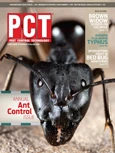
Explore the April 2009 Issue
Check out more from this issue and find your next story to read.
Latest from Pest Control Technology
- Follow the Trail
- Carpenter Ants: Understanding the Bothersome Burrowers
- Massey Services Acquires Insight Pest Solutions of San Antonio
- Target Specialty Products Expands Sales Leadership Team
- Mosquito Joe Promotes David Price to Vice President of Strategic Growth
- Abell Pest Control Recognized as One of Canada’s Best Workplaces in 2025
- Scorpion Launches Capacity Marketing Engine
- Petti Pest Control Owners Reflect on Finding Success as a Father-Son Duo

